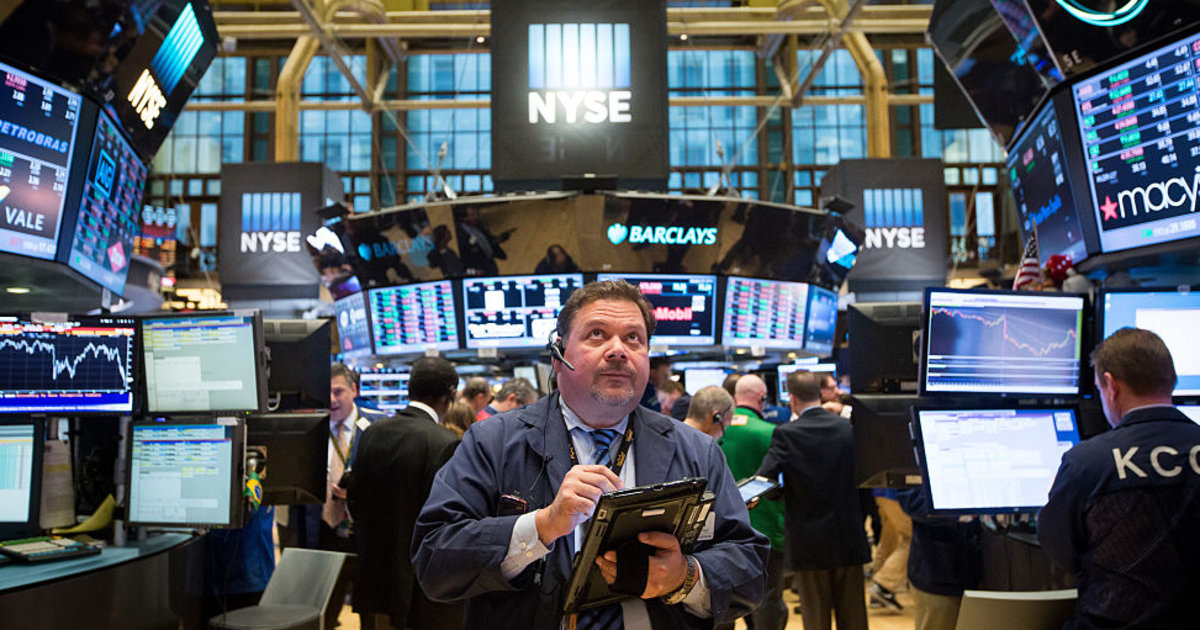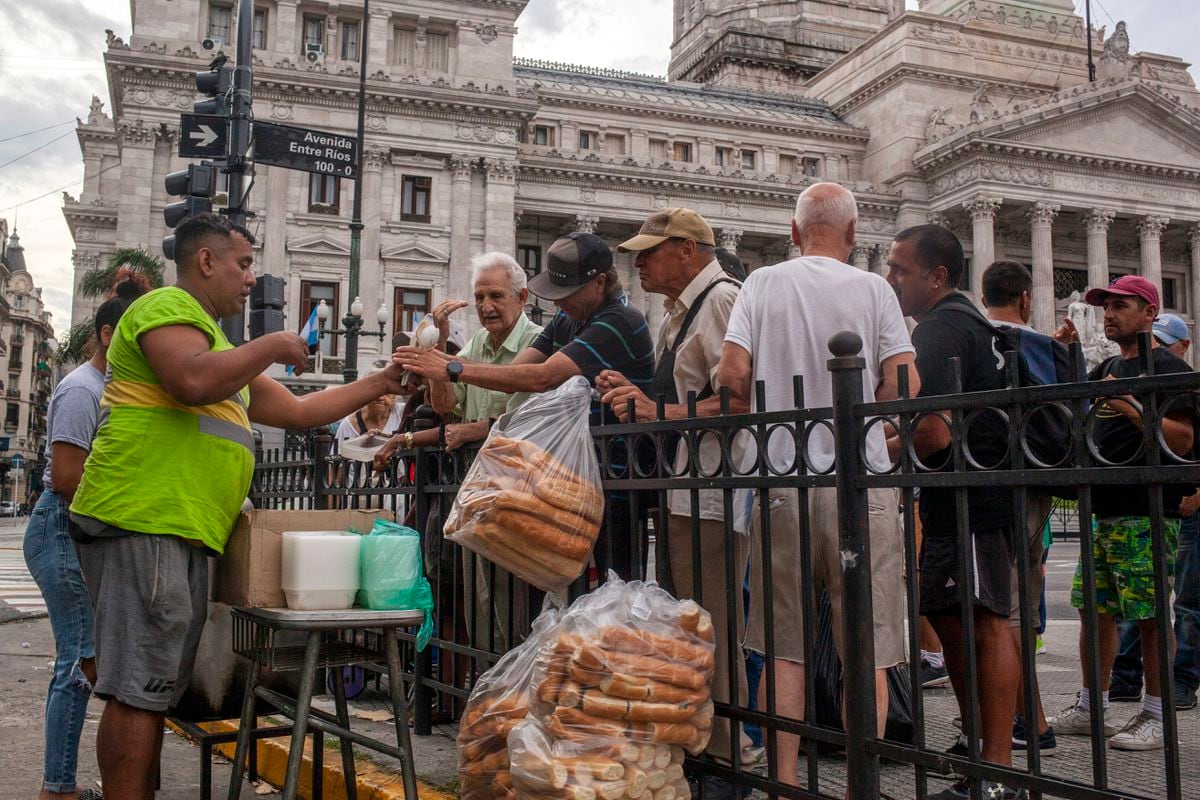- Click to share on Facebook (Opens in a new window)
- Click to share on Twitter (Opens in a new window)
- Click to share on LinkedIn (Opens in a new window)
- Click to email a friend (Opens in a new window)
A pandemic that shakes the economy 5:48
New York City (CNN Business) - The new coronavirus has already delivered an unprecedented economic blow to a large portion of American workers, with a record 9.9 million people applying for unemployment in a two-week period of May 16. March to March 29.
The full extent of the damage remains unclear, but researchers and workforce leaders say the financial pain caused by the crisis is unlikely to spread evenly across racial lines.
The economic consequences of business closings and job losses are expected to have a greater impact on black and Latino employees, who make up a disproportionate percentage of occupational sectors experiencing income disruption amid the pandemic.
"When the white United States catches a cold, the black United States catches pneumonia," Steven Brown, a research associate with the Urban Institute's internal policy research organization, told CNN Business.
Royal Street, in the French Quarter of New Orleans, is empty after Louisiana's stay-at-home mandate.
Government data shows that the outbreak is more concentrated in the main metropolitan areas of the United States. such as New York City, New Orleans and the southeast of the nation, where greater percentages of blacks and Latin Americans live. In New York City, the virus disproportionately affects low-income neighborhoods in Queens, Harlem, and the Bronx, which have denser populations of immigrants of color, African-Americans, and Hispanics.
- What Small Businesses Need to Know About the Government's New Forgivable Loan Program
Blacks, Latinos, and Native Americans also tend to have more underlying health conditions - such as asthma - than whites, which according to USA Today makes them more likely to experience serious health effects from the coronavirus.
Those health effects could mean more hospital visits and more medical debt at a time when many lose their jobs and health benefits.
Chuck Collins, director of the Institute for Policy Studies 'Inequality and Common Good' program, says that the enormous racial disparity in the United States will likely grow "unless we seek a very different set of interventions and stimuli" than those established in response to the Great Recession of 2008.
The average black household had a net worth of $ 140,000 in 2016, while the average white household's net worth that same year was $ 901,000, according to a study by the Consumer Finance Survey cited by the Federal Reserve. Most of that white wealth was concentrated in the top 1% of American income.
A person wears protective masks while walking through street art in the Bushwick neighborhood of Brooklyn on April 2, 2020, in New York City.
Economists from the Corporation for Business Development and the Institute for Policy Studies predicted that black families would not earn the same wealth that white families had in 2016 until 2241, when white families would have even greater wealth.
The researchers concluded that Latinos would match whites' earnings in 2016 by 2097.
Collins said the $ 2 trillion authorized by Congress is a good start for Americans to recover, but much remains to be done.
“No one is going to talk about [how] we are paying for this anytime soon. When and if they do, there will be a big fight over who will carry the load here, "he said. “If we did income support well so that people didn't have to go to work… then people wouldn't get into debt. That could help bridge the racial wealth gap. "
Brown agrees that the current crisis is likely to widen America's racial wealth disparity. The 2008 financial crisis actually affected white Americans more economically than blacks and latinos, contrary to popular belief, and ironically narrowed the racial wealth gap, at least temporarily.
True, the unemployment rate for black Americans peaked at 16.8% in 2010, more than double that of white Americans. But Brown points out that white Americans owned a disproportionate number of homes foreclosed by banks and a larger share of the retirement investments that were decimated when the stock market plunged nearly 12 years ago.
"Black families also lost wealth, but they had less to lose," Brown told CNN Business.
Collins accepts that white families lost more on the stock market in 2008, but says they were able to recoup much of those losses in the next two years.
"White wealth recovered very quickly," he said. "It was more diversified and not just in real estate."
- The United States will not issue more passports during the coronavirus crisis unless it is a "life and death" emergency
The Great Recession caused significant damage to the assets of American families, but Brown said that thus far the coronavirus is having a greater effect on the ability of Americans to pay their daily bills.
"The thing to watch is the debt," said Brown. “Black and brown families are more likely to have no savings or net worth… If they lost their job, going from check to check for even two weeks can mean some credit card or utility bills go unpaid.
"It is going to be much more difficult for people to dig up once things stabilize again," he added.
Racial inequality








/cloudfront-eu-central-1.images.arcpublishing.com/prisa/XBRJAMNAPJDRXOZFBK4EDVLDRA.jpg)